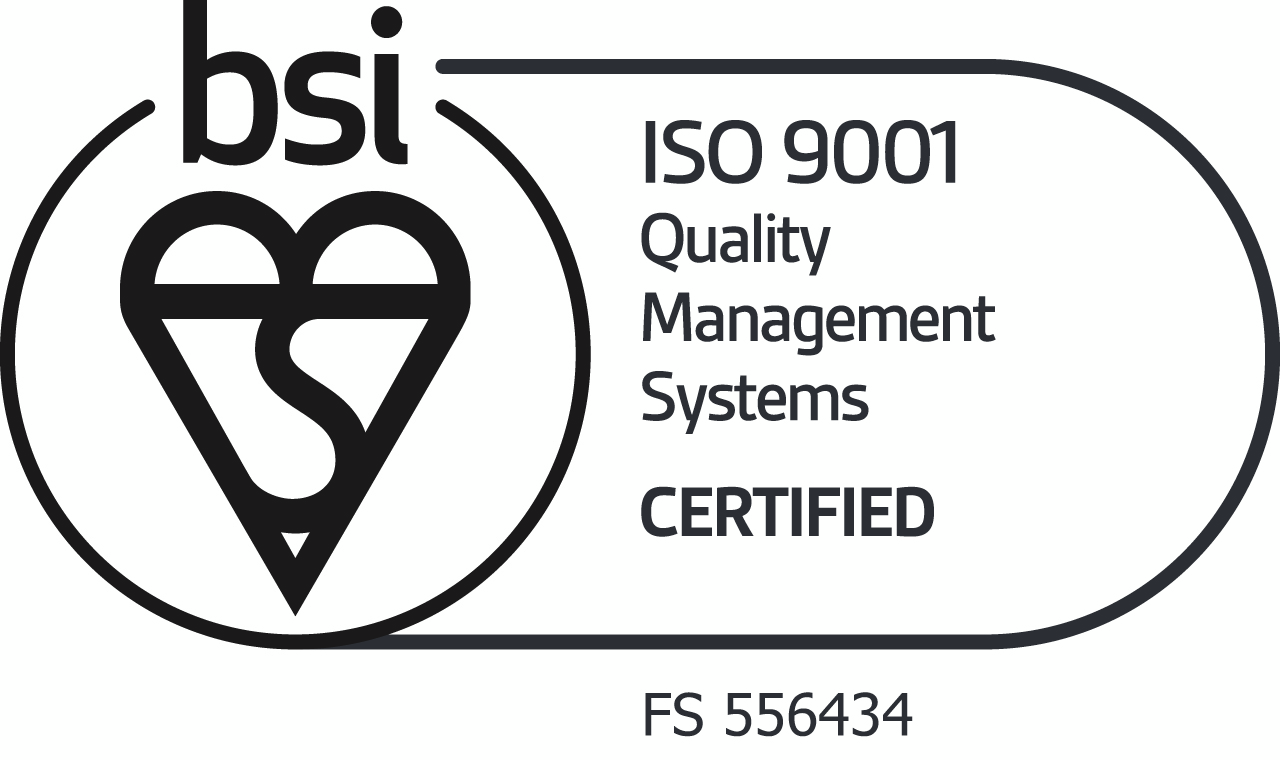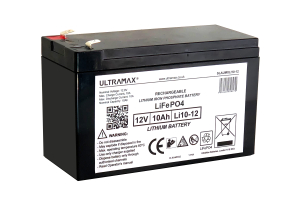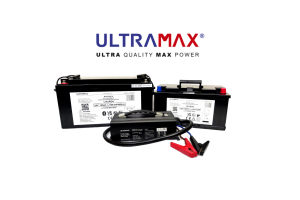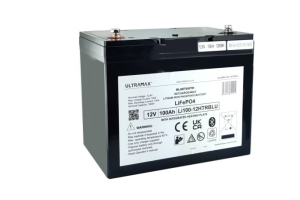Lithium Uninterruptible Power Supply (UPS) Battery

Lithium Uninterruptible Power Supply (UPS) Battery
Uninterruptible Power Supply Battery (Lithium UPS Battery)
Lithium LiFePO4 UPS batteries are used as a secondary or emergency power source in the event of a power cut. Thus, UPS batteries are designed to discharge high currents for short periods. LiFePO4 (Lithium Iron Phosphate) batteries are a popular choice for use in Uninterruptible Power Supplies (UPS) due to their high energy density, long lifespan, superior safety and high discharge rate compared to other lithium-ion battery chemistries.
- High energy density: LiFePO4 batteries have a high energy density, meaning they can store a large amount of energy in a relatively small and lightweight package, making them ideal for use in UPS.
- Long lifespan: LiFePO4 batteries have a longer lifespan compared to other lithium-ion battery chemistries, typically up to 10 years or more, making them a reliable choice for UPS applications.
- Superior safety: LiFePO4 batteries have a lower risk of thermal runaway and explosion compared to other lithium-ion battery chemistries, making them a safer choice for UPS applications.
- High discharge rate: LiFePO4 batteries can deliver high discharge rates, making them suitable for use in high-power UPS applications.
Here are a few things to consider when buying a UPS Replacement battery:
- Battery type: The first thing to consider is the type of battery your UPS uses. Most UPS systems use sealed lead-acid (SLA) batteries, but some newer UPS models use Lithium-ion (Li-ion) or Nickel-metal hydride (NiMH) batteries. It's important to choose a replacement battery that matches the type of battery your UPS uses.
- Capacity: The capacity of a UPS replacement battery is measured in ampere-hours (Ah), which indicates how much energy the battery can store. It's important to choose a battery with the right capacity for your UPS to ensure that it can provide enough backup power for your devices during a power outage.
- Voltage: The voltage of the replacement battery should match the voltage of the UPS. Most UPS systems use 12V or 24V batteries, but some models may require a different voltage.
- Compatibility: It's important to choose a replacement battery that is compatible with your UPS model. Check the manufacturer's specifications to ensure that the replacement battery is compatible with your UPS model.
- Brand and quality: Choose a reputable brand and a high-quality replacement battery to ensure reliable performance and a long lifespan. Cheaper, low-quality batteries may not provide the same level of performance and may need to be replaced more frequently.
- Warranty: Look for a replacement battery that comes with a warranty to protect your investment and ensure that you can get a replacement or refund if the battery is defective or doesn't perform as expected.
By considering these factors, you can choose a high-quality replacement battery for your UPS that will provide reliable backup power during power outages and help protect your electronic devices from damage due to sudden power loss.
Explore our range of UltraMax LiFePO4 Batteries for UPS Batteries!








